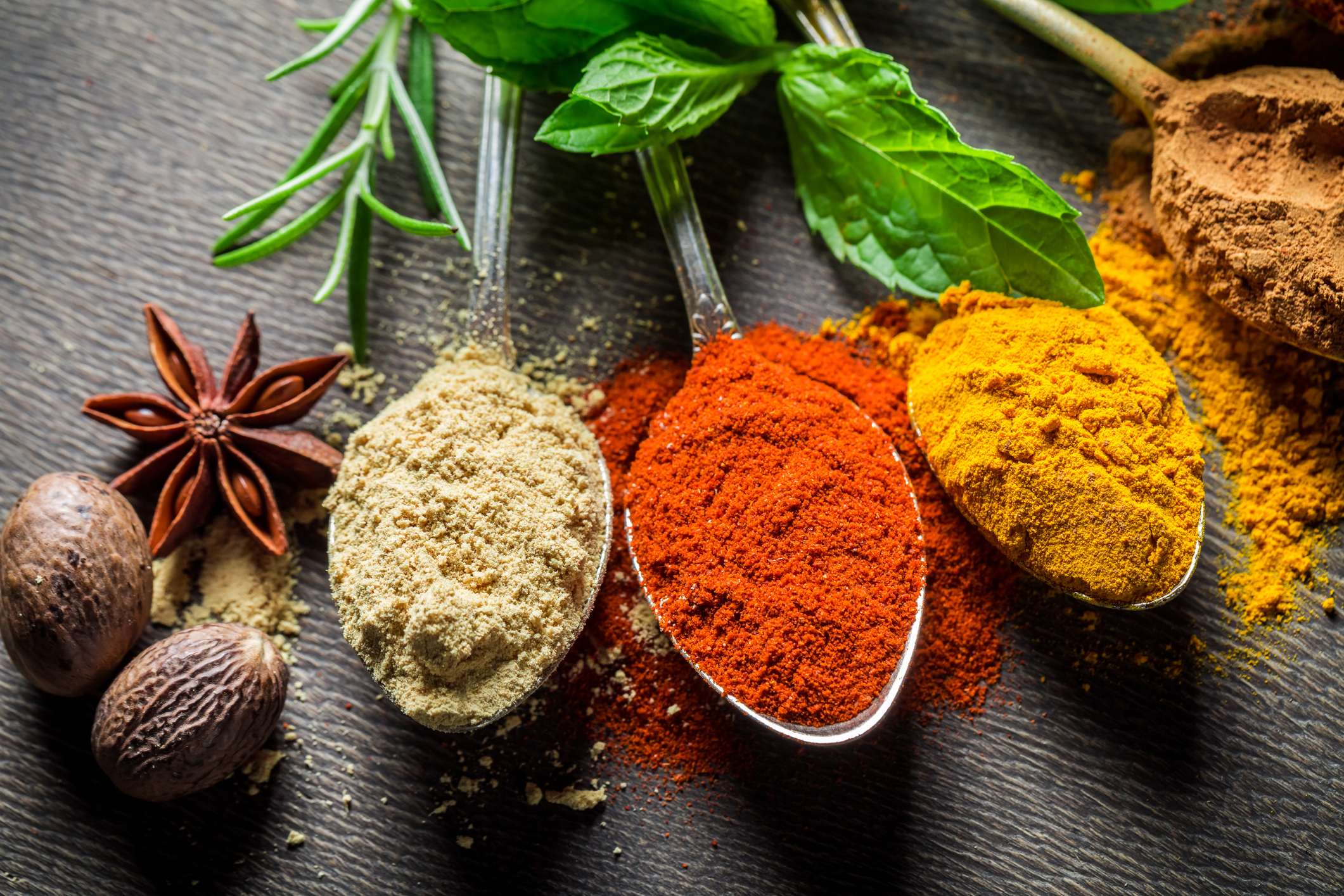

Common wisdom may have it that too much spicy food is bad for your stomach.
But when it comes to the health of your gut microbiome, it seems the opposite is true.
Your microbiome needs a variety of bacteria to stay healthy and to keep YOU healthy. And spice is, as they say, the variety of life.
After learning what spices can do for the diversity of your gut microbiome, that saying may take on a whole new meaning…
Why we need lots of different bacteria
The trillions of microorganisms living in our gut are so important to our health that scientists think of them almost like another organ, which they call the gut microbiome.
But experts say most of us are living with an ‘impoverished’ microbiome that’s contributing to improper immune system development, an increase in chronic diseases and other negative health outcomes.
Science is always trying to scout out different ways to keep our gut microbiome healthy, balanced and diverse.
If this “organ” isn’t fed properly, or doused with antibiotics and harmful additives and toxins, harmful microbes will outnumber beneficial ones.
That can cause big problems because research indicates our gut and the microorganisms that dwell there impact vitals such as blood pressure and our risks for more than two dozen other diseases.
We also know the connection is strong between gut health and heart health.
For this reason, scientists at Penn State University recruited adults at high risk for heart disease when they explored the possibility that spicing up our food might be a simple way to balance gut bacteria.
More spice creates more bacterial diversity
A study by Penn State nutritional scientist Penny Kris-Etherton is one of the first to look at the effect of herbs and spices on the composition of the human gut.
In a four-week randomized controlled-feeding experiment, all 54 participants ate the same menu, designed to reflect the average American diet.
But some were asked to add differing amounts of a spice blend to their meals – either 1/8 teaspoon, ¾ teaspoon or 1 ½ teaspoons.
The spice blend consisted of cinnamon, ginger, cumin, turmeric, rosemary, oregano, basil, and thyme.
A control group added no spices at all.
Fecal samples taken before and after the experiment showed that those who ate diets with more spices tended to show greater bacterial diversity.
Specifically, those who ate the two higher amounts of spices saw an increase in Ruminococcaceae, a common group of bacteria that’s associated with healthy liver and immune system function.
The takeaway: Spice it up
“It’s such a simple thing that people can do,” says Kris-Etherton.
“The average American diet is far from ideal, so I think everyone could benefit by adding herbs and spices. It’s also a way of decreasing sodium in your diet but flavoring foods in a way that makes them palatable and, in fact, delicious!”
And we all know what too much salt can do to you.
There’s really nothing to lose by adding some of the spices mentioned here to your meals…
A little cinnamon on your oatmeal and in your stews can help you burn more fat.
Rosemary (my personal favorite!) can help you beat metabolic syndrome.
And the numerous health benefits of turmeric have been known for centuries. You can enjoy it along with cinnamon and ginger in golden milk.
If spices don’t tickle your taste buds, an easy and reliable way to support your gut microbiome is to get plenty of probiotic and prebiotic foods in your diet. Reach for more fermented and fiber-filled foods or supplements.
Sources:
Spicing Up Your Meals Could Be One Simple Way to Build a Healthier Gut — Science Alert
Herbs and Spices Modulate Gut Bacterial Composition in Adults at Risk for CVD: Results of a Prespecified Exploratory Analysis from a Randomized, Crossover, Controlled-Feeding Study — The Journal of Nutrition

